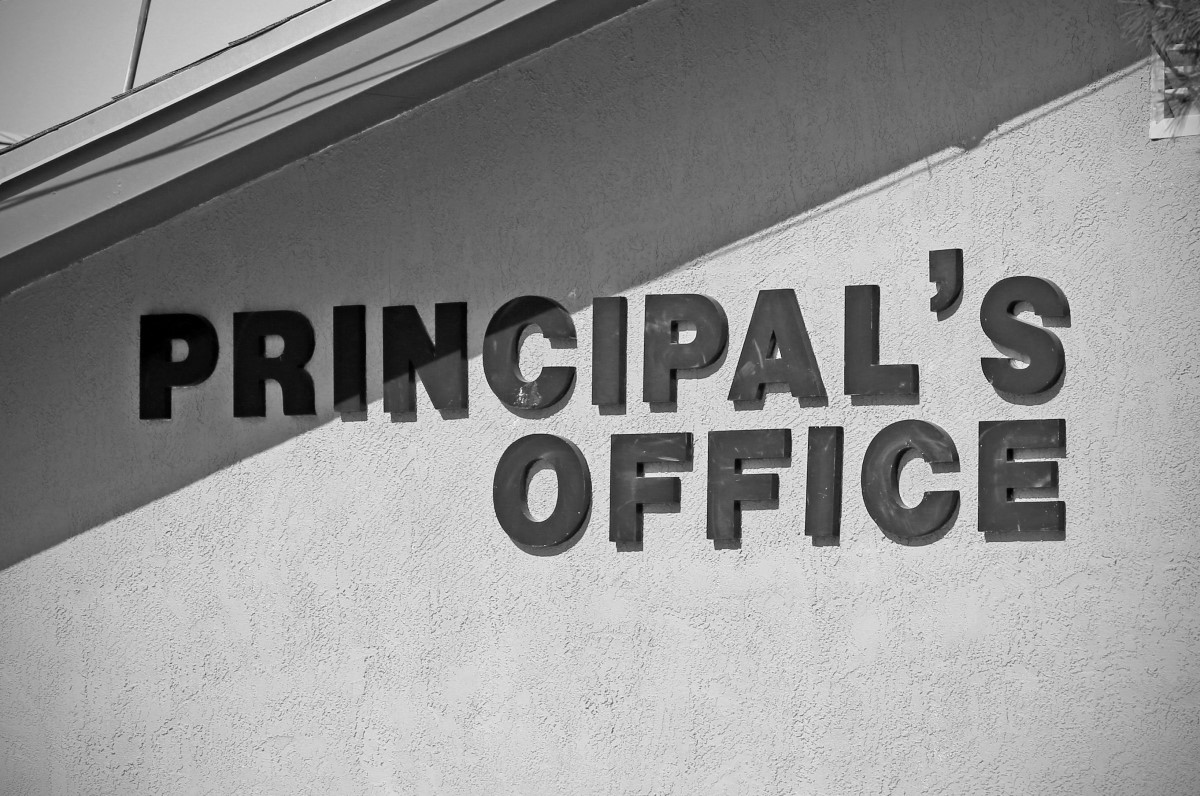Issa is Not a Fit for IP Subcommittee Chairman
“The House IP Subcommittee needs a new leader. It needs a leader who will encourage debate on both sides so that members can understand the issues and a leader that gives the tools that congress needs to set out innovation policy properly.”
The House of Representatives’ Judiciary Committee—Subcommittee on the Courts, Intellectual Property and the Internet (IP Subcommittee) writes patent law and is responsible for other patent-related initiatives. A country’s patent laws directly affect its innovation economy. In a free-market economy, patent laws can boost or destroy incentives to invent and commercialize new things. As a result, patent law influences economic and job growth, social mobility, technological advances and national security.
The 118th congress has begun. Currently, the Republican Steering Committee is selecting the Chairs for the various committees and filling the ranks with members. The next step is for the Chairs of the various committees to select their subcommittee chairs. In the case of the IP Subcommittee, Jim Jordan is the Chair of the Judiciary Committee, so he selects the IP Subcommittee Chair. Representative Darrell Issa (R-CA) is the most likely candidate to be selected.
Issa Is the Wrong Person
However, Issa is the wrong person for the job and has demonstrated that since he joined Congress. He has sponsored and cosponsored numerous bills that harm small entities for the benefit of Big Tech and Chinese Communist Party (CCP)-controlled multinational corporations. He was one of the key drivers of the passage of the America Invents Act (AIA), which created the Patent Trial and Appeal Board (PTAB), the entity that now invalidates 84% of the patents it fully adjudicates. He has ignored other problems like eBay v. MercExchange, which highly restricted injunctive relief, and Alice V. CLS Bank, which unleashed a demon into the patent system called the “abstract idea.” This trifecta of damage has radically reduced the funding of startups by devaluing the only asset capable of attracting investment: patents.
From a national security perspective, China can steal its way to parity with the United States, but they cannot steal from us what we have not yet invented. With our patent system hobbled by bad law, China strengthened their patent system so that startups in China can collateralize patents to attract investment. Investment is now a global game. It moves to where there is the best return. That means the United States is no longer the best place to invest in startups – China is – and there has been a shift in early-stage investment from the U.S. to China.
Debate is Squelched
When US Inventor explains this to House offices, they are often hearing it for the first time, even though it has been happening for over a decade. It is the first time they hear it because Issa influences the selection of witnesses and sets the IP Subcommittee agenda. He has squelched the debate favoring Big Tech and CCP-controlled multinationals.
For many decades, the Republicans have rightly tried to curb frivolous litigation. Having been sued frivolously, I agree this is a valiant endeavor and much needed in the legal system. However, the mistake they make is that a patent is not a slip-and-fall case, it is a property right case, and that lack of knowledge is killing our innovation engine.
Issa is stuck in his position. He is one of the people who drove the AIA and its creation of the PTAB into law. He cannot now say it was a mistake, even as the overwhelming evidence shows it is. It is just better to squelch the debate.
That, of course, leads the House to vote for legislation that is bad for startups.
Debate Must Happen
However, that debate must happen. It is an economic fact that a patent that cannot be defended cannot attract investment. This is particularly important at the earliest stages of new business formation – the stage where an inventor has a big idea protected by a patent, but not much more. This first investment is the foundation of American innovation because without it, the startup does not start up. That first investment is not happening due to the state of the patent system. Investors are not confident in investing in a broken patent system.
It is a national security crisis that China is leading in key technologies like artificial intelligence and many others. They are no longer stealing to keep parity. They are out-innovating us and that is directly related to the failed U.S. patent system.
If we are going to remain a world power, we need to fix this mess, and that cannot be done without legitimate and forthright debate. Issa will continue to thwart debate as he has done for so long now.
The House IP Subcommittee needs a new leader. It needs a leader who will encourage debate on both sides so that members can understand the issues and a leader that gives the tools that congress needs to set out innovation policy properly.
Rep. Darrell Issa cannot become Chairman of the IP Subcommittee
Issa’s record shows that he is most unsuited for the Chairmanship position. Having offered one-sided legislation against patent rights and having been among the driving forces that gutted U.S. patent rights, Issa can never gain broad support or the trust of patent stakeholders necessary to protect or restore those rights.
Image Source: Deposit Photos
Author: tashatuvango
Image ID: 31248541
Paul Morinville
Paul Morinville is the Founder and former President of US Inventor, Inc., which is an inventor organization in Washington D.C. that advocates strong patent protection for inventors and startups. Paul […see more]







